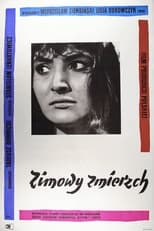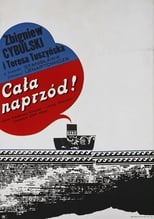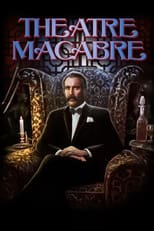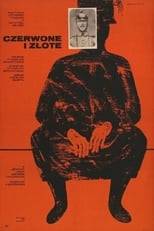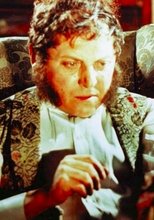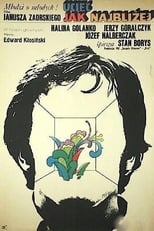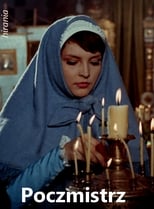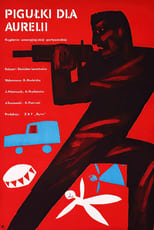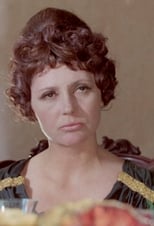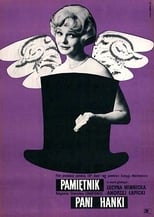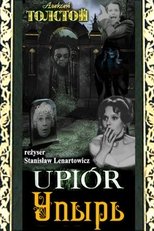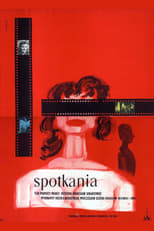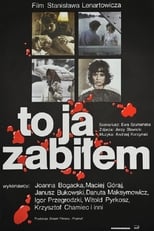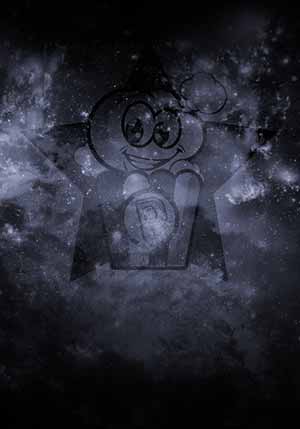Stanisław Lenartowicz
¿Quién es Stanisław Lenartowicz?
He began directing films for the Educational Film Studio in Łódź, with which he cooperated in 1952-1955. It was there that he made Miniatury Kodeksu Behema/The Behem Code Miniatures (1953), awarded the Special Award at the Oberhausen festival five years later. Later, he adapted the novel by Stanisław Dygat as part of the film Trzy starty/Three Takeoffs (1955).
His film debut, Zimowy zmierzch/Winter Dusk (1956), sparked violent disputes and polemics among Polish film critics; on the backdrop of the socialist realist poetics of that era, the film stood out with its innovative narrative and visual layers rich in meanings. His subsequent films, Pigułki dla Aurelii/Pills for Aurelia (1958) and Giuseppe w Warszawie/Giuseppe in Warsaw (1964), addressed the subject of war, but presented it in a way stripped of heroism. He also depicted the forgotten world of the Polish provinces, focusing on observations of detail and mentality (Czerwone i złote/Red and Gold, 1969, based on writings by Stanisław Grochowiak, an award at the Valladolid festival). He addressed the maritime theme twice: in Cała naprzód/Full Steam Ahead (1966) and Martwa fala/ Still Wave (1970). He also attempted to adapt the prose of Tadeusz Dołęga-Mostowicz in Pamiętnik pani Hanki/The Diary of Mrs. Hanka (1963). On the set, he gladly collaborated with Zbigniew Cybulski.
Lenartowicz’s interest in Russian culture is reflected in the television series he directed which are adaptations of classic Russian novels. They were made at the request of Canadian television in the late 1960s. These include the movies Brawler (based on Turgenev), Phantom (Tolstoy), Postmaster (Pushkin) completed in 1967. In 1979, he directed Strachy/Spooks, a series based on the prose of Maria Ukniewska, about the life of Warsaw actors. After the introduction of martial law, he retired from the profession.
In 1959, he received the Award of the City of Wroclaw; a year later, he was also awarded the Gold Cross of Merit. At the end of his life, he was awarded the Gold Medal for Merit to Culture – Gloria Artis. He died on October 28, 2010, in Wrocław.
by Beata Pieńkowska
From Polish Film Academy - History of Polish Cinema
http://akademiapolskiegofilmu.pl/en/historia-polskiego-filmu/directors/stanislaw-lenartowicz/65
Trabajos destacados
Géneros más habituales en las películas de Stanisław Lenartowicz
Géneros más habituales en las series de Stanisław Lenartowicz
Las imágenes y retratos de actores y actrices mostrados en este sitio web son obtenidos de la base de datos pública de The Movie Database (TMDb), utilizada bajo los términos y condiciones de dicha plataforma. En caso de que alguna imagen o fotografía sea incorrecta, ofensiva, o pueda infringir derechos de imagen o copyright, puede ser editada o eliminada directamente en TMDb. Esto provocará su eliminación automática en este sitio web. Adicionalmente, si usted desea solicitar la eliminación de una imagen directamente en nuestro sitio web, puede utilizar el formulario de contacto ubicado al pie de la página. Atenderemos su solicitud de manera expedita y tomaremos las medidas necesarias para garantizar el cumplimiento de los derechos aplicables.
The images and portraits of actors and actresses displayed on this website are sourced from the public database The Movie Database (TMDb), used in accordance with its terms and conditions. If any image or photograph is incorrect, offensive, or may infringe image rights or copyright, it can be edited or removed directly on TMDb. This will automatically result in its removal from this website. Additionally, if you wish to request the removal of an image directly from our website, you may use the contact form located at the bottom of the page. We will promptly address your request and take the necessary measures to ensure compliance with applicable rights.


